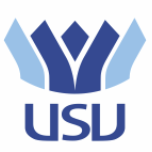Detailed introduction of Stefan the Great University of Suceava:
Introduction and Overview
The Stefan the Great University of Suceava is a public university located in Suceava, Suceava County, northeastern Romania. It is named after the Moldavia prince Stephen the Great. It is an important institution of higher education in the region, providing students with a wide range of academic courses and research opportunities covering multiple disciplines.
History and Establishment
The history of the university can be traced back to the Institute of Pedagogy established in 1963, which was transformed into the Engineering College affiliated to the Polytechnic University of Iasi in 1984. In 1990, the Romanian government officially granted it the title of university and began to develop individually in terms of academic consolidation, teaching and scientific diversification.
School Strength
Faculty: It has 418 faculty members, of which 98% are domestic faculty members and 2% are international faculty members, who can provide professional teaching and guidance to students.
Disciplines and majors: There are ten colleges, including the College of Economics and Public Administration, the College of Educational Sciences, the College of Electrical Engineering and Computer Science, the College of Food Engineering, the College of Forestry, the College of History and Geography, the College of Law and Administrative Sciences, the College of Literature and Communication Sciences, the College of Mechanical Engineering, Mechatronics and Management, and the College of Physical Education and Sports. They offer undergraduate, master's and doctoral degree programs, covering the fields of economics, technical sciences, engineering and computer science, natural sciences, humanities and health.
Research achievements: In the past decade, it is one of the universities with the largest number of patents and inventions in Romania, playing a key role in the development and dissemination of scientific knowledge.
Nature of the institution
A public university funded and managed by the Romanian government.
Educational philosophy
Committed to providing high-quality higher education, cultivating talents with innovative capabilities and professional qualities in the fields of economics, technology, engineering, natural sciences, humanities and health, the goal is to integrate into the European higher education system and become a university of national and international reputation, emphasizing the integration between universities, public administration and communities composed of economic and social participants.
Key laboratories and disciplines
Key laboratories: Scientific laboratories equipped with the latest technologies in the fields of robots, machinery, virtual reality, etc.
Advantageous disciplines: It has certain strengths in the field of engineering and is in the 1001+ range in the engineering discipline ranking of THE 2025.
Faculty
Specifically, it includes the School of Economics and Public Administration, the School of Educational Sciences, the School of Electrical Engineering and Computer Science, the School of Food Engineering, the School of Forestry, the School of History and Geography, the School of Law and Administrative Sciences, the School of Literature and Communication Sciences, the School of Mechanical Engineering, Mechatronics and Management, and the School of Physical Education and Sports.
Ranking
In the QS World University Rankings, it ranks 172nd in Emerging Europe and Central Asia in 2022, around 1304th in 2024, and 1401+ in 2025.
In the THE 2025 World University Rankings, it is in the 1201-1500 range, and the engineering discipline ranks in the 1001+ range.
Cost
The tuition fee for international students is around 2,700 euros per year, while the tuition fee for domestic students is relatively low, about 700 euros per year.
Campus Environment
Campus Facilities: Located in the Areni community in the center of Suceava, No. 13 University Street, close to the City Hall, it has complete teaching facilities and living facilities, such as student radio stations, student TV channels, large football fields, swimming pools, etc.
Academic Atmosphere: Actively carry out international exchanges and cooperation, establish cooperative relations with universities in many countries, create an international academic atmosphere, and often hold various academic lectures, seminars and other activities.
Cultural Activities: Focus on the comprehensive quality training of students, organize a variety of campus cultural activities, such as cultural festivals, sports competitions, etc., to enrich students' extracurricular life.
-

Grigore T. Popa University of Medicine and Pharmacy
-
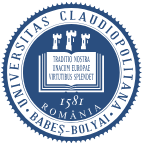
Babes-Bolyai University
-
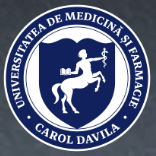
Carol Davila University of Medicine and Pharmacy
-
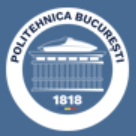
Politehnica University of Bucharest
-
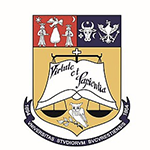
University of Bucharest
-

Technical University of Cluj-Napoca
-
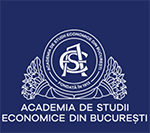
Bucharest Academy of Economic Studies
-

1st December 1918 University of Alba Iulia
-

West University of Timisoara
-
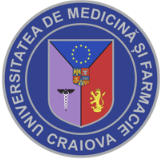
University of Medicine and Pharmacy of Craiova
-

Mesoamerican University
-

Istmo University
-

Mariano Galvez University of Guatemala
-

Regional University of Guatemala
-

Galileo University
-

Francisco Marroquín University
-

Rafael Landívar University
-

University of the Valley of Guatemala
-

University of San Carlos of Guatemala
-

Technological Institute of Tlaxcala Plateau
-

Golfo University
-

Technological University of South Sonora
-

Technological University of Huejotzingo
-

Tizimín Institute of Technology
-

Chilpancingo Institute of Technology

